(This is Part Two of "Humanizing the Badge." See Part One here.)
When we get asked by our friends and family how we deal with our work, we tell them, "it doesn't bother us that bad, really, you get good days and bad days like everything else." But that's a lie, and they all know it—but they won't ask for more because, deep down, they know it bothers us. My wife knew. Every time I came home after a gnarly day at work, she saw it on my face. Sometimes, I did tell her what happened; after all, she's been with me since we were sophomores in high school. She has slept by my side since 2007, and she knows when I'm bothered. She knows when I have nightmares; she starts to get woken up by my jerking movements, and then my screams start, and she knows. She feels helpless at times because she feels she can't help me or help me through the trauma and the hurt, but I can feel her presence, and it does help a little. I have told her some things, but mostly, I keep it to myself, save for a very few close friends and my brother. He knows, because he's been there too.
After years, especially after full careers of these experiences, we become jaded to reality; our humor becomes dark, and people don't know how to take it. Sometimes we don't joke at all, because we don't want to chance alienating our friends and family. Because who the hell else are we going to lean on? My wife still gets uncomfortable sometimes when I'm seemingly callous when I hear about deaths in the family or friends, or even watching the news and seeing people dead from natural disasters or other events. My outer reaction to those events are still something like: "Well, that sucks to be them." We do this as a defense or coping mechanism, so we can function without completely losing it.
We bury it all deep inside because we have to be strong to protect the weak. That isn't an insult, but the truth. Society looks to us to solve all their problems and take the bad guy or girl to jail. They ask us to run into a hail of gunfire to save innocent civilians from being gunned down by a madman or madwoman, even though the Supreme Court of the United States says we don't have to in their ruling on Castle Rock v. Gonzales in 2005. But believe me when I say this: the overwhelming majority of police officers in this country would, without a thought, take a bullet, knife, car, etc., to protect people. The tragedy in Uvalde, Texas was a stain on law enforcement, and I was disgusted to see and know what happened that day.
Every day we do this, rain or shine, hot or cold, short-staffed or not. We go into the world and try to make a difference. Yes, we make mistakes; after all, we're human, and sometimes we mess up on a massive scale. Sometimes we're pulled aside like adults and get told to fix ourselves and not do it again. Unfortunately, we aren't given that leeway by the public at large. We're expected to be absolutely perfect at all times. Even when we are dealing with the stuff we deal with on a daily basis. In today's climate, in addition to everything I mentioned earlier we have to deal with a public that is increasingly hostile to us, calling us names, baiting us into a fight so they can have someone else film it to then try to get us fired or charged with a crime. Traffic stops are more dangerous than ever now, not only physically, but legally, too. More and more, regardless of the reason for the stop, our contacts are increasingly hostile. We're being baited into making a stupid mistake or decision so we can be sued, fired, or have charges filed against us.
The mental toll on us is unbelievable, but we don't say anything for fear of being fired, taken out of the field, or having that used against us in custody and divorce cases. We begin to look for coping mechanisms, and a high percentage of us find that in alcohol. PTSD and alcohol, unfortunately, are a common denominator for some police officers.
One of the most commonly studied stress disorders is post-traumatic stress disorder (PTSD). Recently, researchers determined that nearly half of individuals (42%) who were diagnosed with PTSD also met the criteria for an alcohol use disorder.7 It is generally believed that people suffering from PTSD and other stress disorders have not developed appropriate coping strategies for processing the stress or trauma they experience and instead turn to alcohol or other drugs as a way of dealing with their symptoms.8 As the symptoms of the stress disorder worsen over time, they are also often made worse by substance abuse. This cycle can lead to addiction, as well as increasingly severe mental and physical health problems.9
We're human. We have our strengths and weaknesses like everyone else. But we don't get the same hall pass that others do. For example, for all deaths by law enforcement officers, the average yearly number of people killed by law enforcement is approximately just over 600 people, which includes over 400 justifiable homicides. However, the public believes the number to be far greater when it isn't, and we are treated as the bad guy or girl, no matter what. In contrast, according to a study done by Johns Hopkins reports, medical malpractice is now the third highest cause of death in the United States, with over 250,000 people dying per year. TWO HUNDRED AND FIFTY THOUSAND DEATHS per year. But do we hear calls for doctors to be held accountable? Does the public hold marches and rallies to jail "killer doctors?" Are there special interest groups that track these deaths, is there almost 24/7 media coverage on every single incident? Are there media websites dedicated to tracking the death numbers? No, there aren't. Because the overwhelming majority of doctors and nurses are great humans who also make mistakes from time to time. But not cops. We're the problem. (That was sarcasm.)
We are society's pin cushion. We are the punching bag for society to use at their leisure because that's what we signed up for. And you know what, with all of that, all that stress and sadness, we still come back to work. Why? We love what we do because, like us or not, society needs us even if they don't want us. Will a lot of us make mistakes? Yes, of course we will, because we're human and we're not perfect. We're black, white, Hispanic, Asian, Christian, Jewish, Sikh, Hindu, Muslim, atheist, agnostic, men and women. We all bleed the same red blood as everyone else, and yes, we have feelings too. It is time to stop treating us like we are an alien species out to hunt you down and kill you.
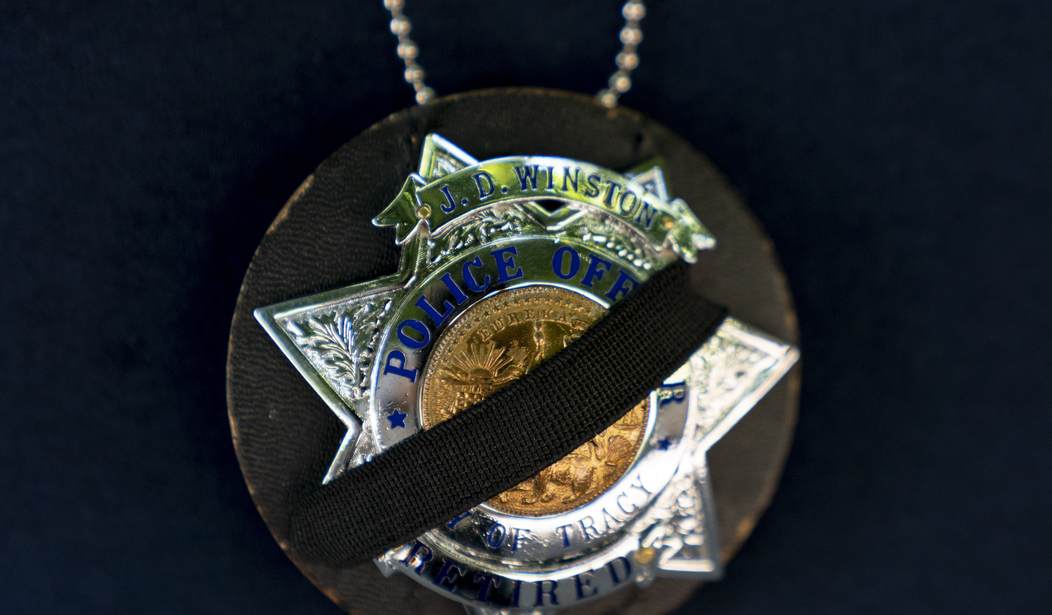
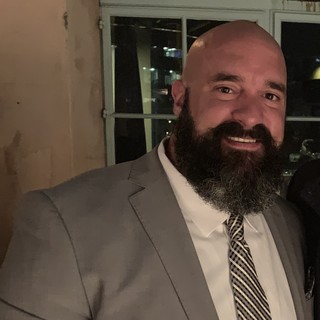

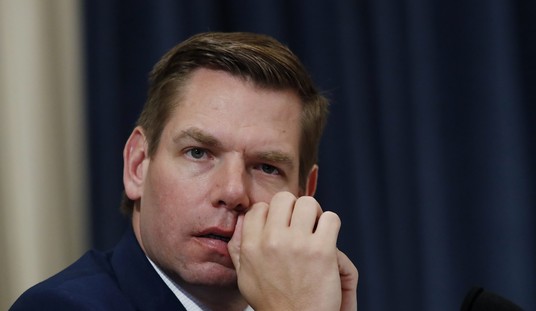





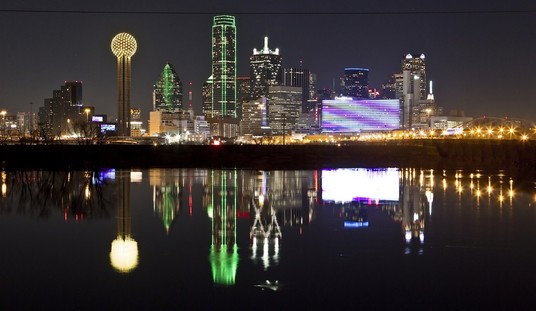



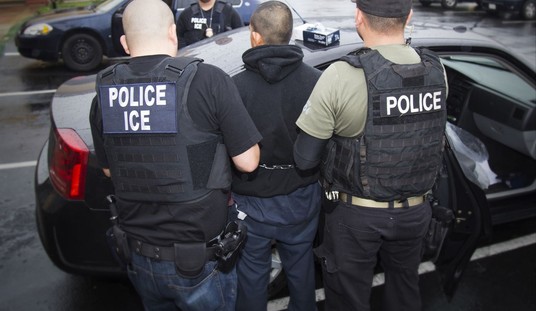

Join the conversation as a VIP Member